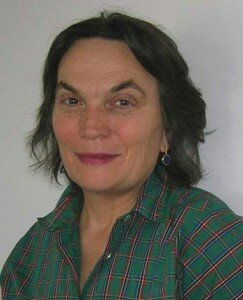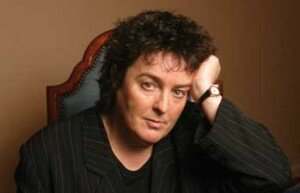The first poem I ever read live was a poem about homophobia. It was originally titled ‘The Homophobe’ and with a push from Santo Cazzati, I read it in front of a bunch of complete strangers in a cold pub on a Monday night in 2008. I still remember flinching when I read the lines, “He’ll tell mum / who I’m fucking / She’ll hate me, / loathe me, for that”
Though I identify as queer, my partner is a woman and my mother is certainly not homophobic so the line isn’t quite true in the factual sense but it related to a few episodes where a homophobic man had begun targeting me on stalls whilst campaigning for same-sex marriage. I found a voice in poetry and a welcoming audience in the Melbourne poetry scene, for not just that poem, but other poems on sexuality and other issues I care deeply about.
Though that didn’t stop me from feeling a tension when I first read it. And the poetry scene isn’t an oasis away from homophobia. There was a heckler that followed me around to various gigs for a little while. But for the most part, it was an inclusive space and he didn’t hang around for long.
There are many queer and gender-bending type poets around the scene, though often the lines are blurred, which is a great thing, but for every out poet, there’s probably still a few more not. It’s probably nothing to do with the scene itself, but the wider society of Melbourne in which poets exist. Melbourne’s slam and poetry nights might be an escape for a night or two. Read more…




